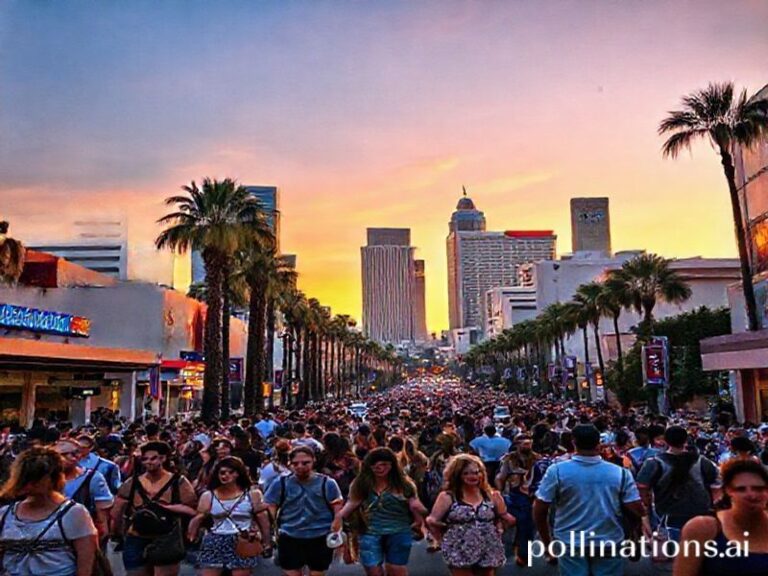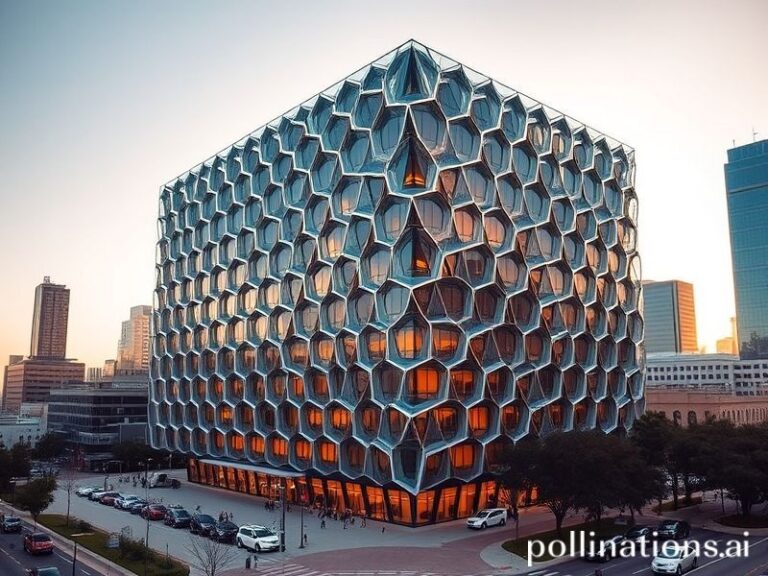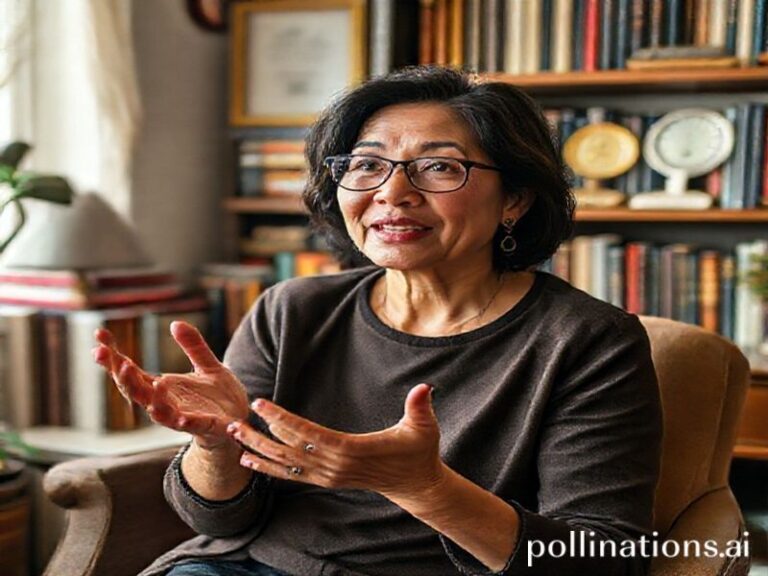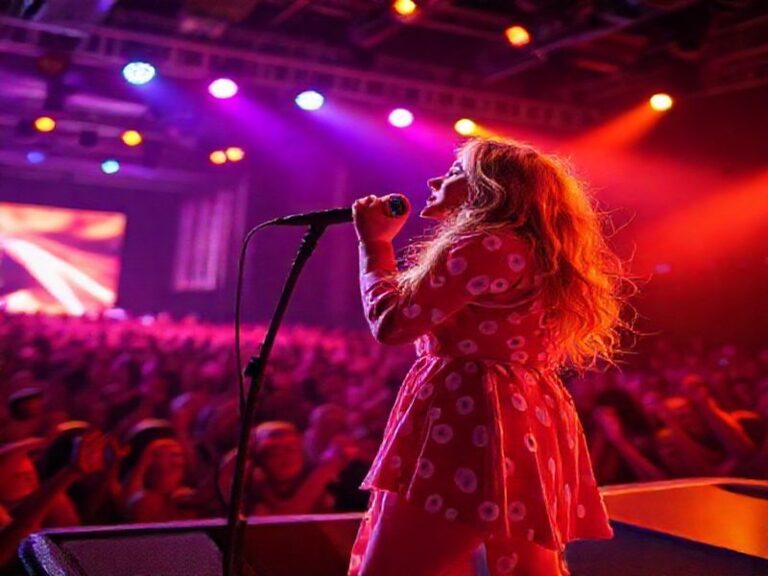Democrat™: The World’s Favorite Knock-Off Brand of Freedom
In the grand bazaar of global politics, the term “democrat” is less a fixed identity than a souvenir key-chain everyone insists is made of pure silver. From the marble corridors of Brussels to the tin-roof town halls of Maputo, the word is waved like a passport stamped with moral superiority—until, of course, the customs officer notices it’s been doctored with Wite-Out and a glitter pen.
Start in Washington, where “Democrat” is a registered trademark belonging to a party whose left wing is still slightly right of most Scandinavian conservatives. Cross the Atlantic and you’ll find European “democrats” squabbling over whether to let a single Romanian village veto the continent’s green transition because the mayor once got a free diesel generator from a cousin in Düsseldorf. Hopscotch to Delhi and witness the world’s largest democracy cheerfully re-electing a man who swapped the national anthem for a ringtone—proof that democracy, like yogurt, can be probiotic or simply curdled.
The global south has its own tragicomic spin. In Kinshasa, opposition leaders declare themselves “democrats” while hiring the same Belgian PR firm that once laundered blood-diamond reputations. Meanwhile, Maldivian “democrats” hold cabinet meetings underwater to raise climate awareness, then fly home in chartered seaplanes that burn three hundred liters of jet fuel per snorkel. The choreography is exquisite: virtue signalled, carbon emitted, conscience scrubbed.
Of course, the autocrats have learned to play dress-up. Turkmenistan’s president-for-life recently unveiled a golden statue of himself holding a ballot box—an image that would be hilarious if it weren’t taller than most hospitals. China’s “whole-process democracy” now comes with a handy smartphone app that auto-fills the correct candidate and deducts social-credit points for eye-rolling. Even Russia, ever the avant-garde, has pioneered “vertical democracy”: one man votes, everyone else watches from the basement window.
Yet the brand still sells. Ukraine’s Volodymyr Zelensky—comedian turned wartime Churchill—leans hard on the label to keep Patriot missiles arriving FedEx overnight. Tunisia’s Kais Saied waves the same flag while dissolving parliament between espressos. And in Brazil, Lula da Silva’s victory speech promised “democracy is back,” which must have sounded reassuring to the Amazon, currently smouldering like a neglected barbecue.
The real punchline is financial. Global markets have priced in “democracy” as a risk premium; Goldman Sachs now calculates an autocracy discount into sovereign bonds. When Sudan’s generals staged their latest photocopy coup, the country’s ESG rating dropped faster than its currency. Conversely, any junta that promises elections “within eighteen months” gets an IMF bailout and an invitation to the G20 family photo—where everyone pretends not to notice the blood on the dress shoes.
Perhaps the most democratic thing about democracy today is its portability. Like IKEA flat-pack furniture, it can be shipped anywhere, assembled badly, and wobble impressively until the screws fall out. The instruction manual—usually written in 1990s English—warns against using too much force, but nobody reads past Step 3. And when the bookcase collapses, we blame the floor, not the Allen key.
Still, cynicism is too easy. Somewhere between the ballot-stuffing and the TED Talks, ordinary humans keep voting with their feet: Sudanese refugees trudging to Chad, Iranian women flicking lighters at morality police, American teenagers registering voters on TikTok between lip-syncs. Their stubborn optimism is the world’s most subversive renewable resource—far more volatile than lithium and twice as combustible.
So the next time a politician wraps himself in the democratic banner, remember: it’s probably polyester, dry-clean only, and manufactured in a country where striking workers are politely escorted to re-education Pilates. But the label persists, not because it’s accurate, but because no one has invented a better lie we can all pretend to believe—at least until the next shipment arrives from the focus-group labs of Davos.
Until then, keep your receipt. Exchange policies vary by regime.







